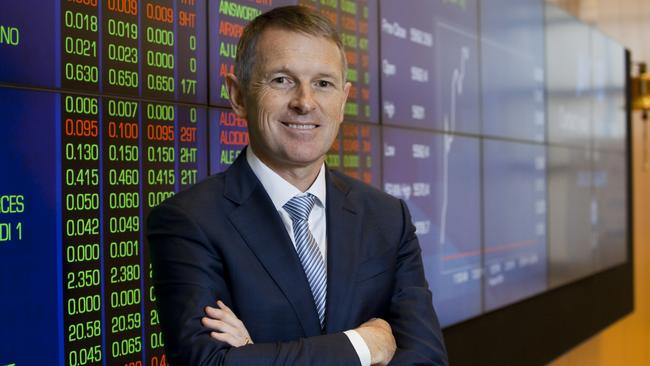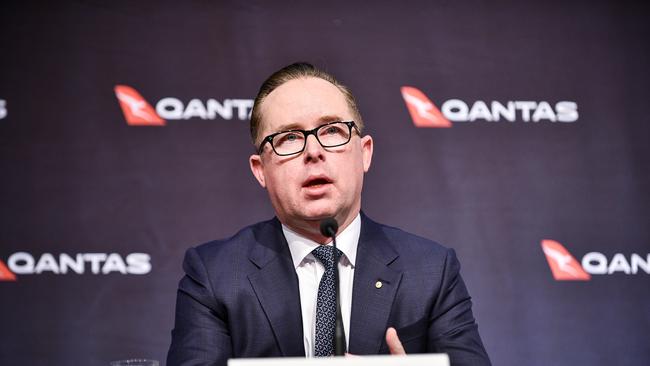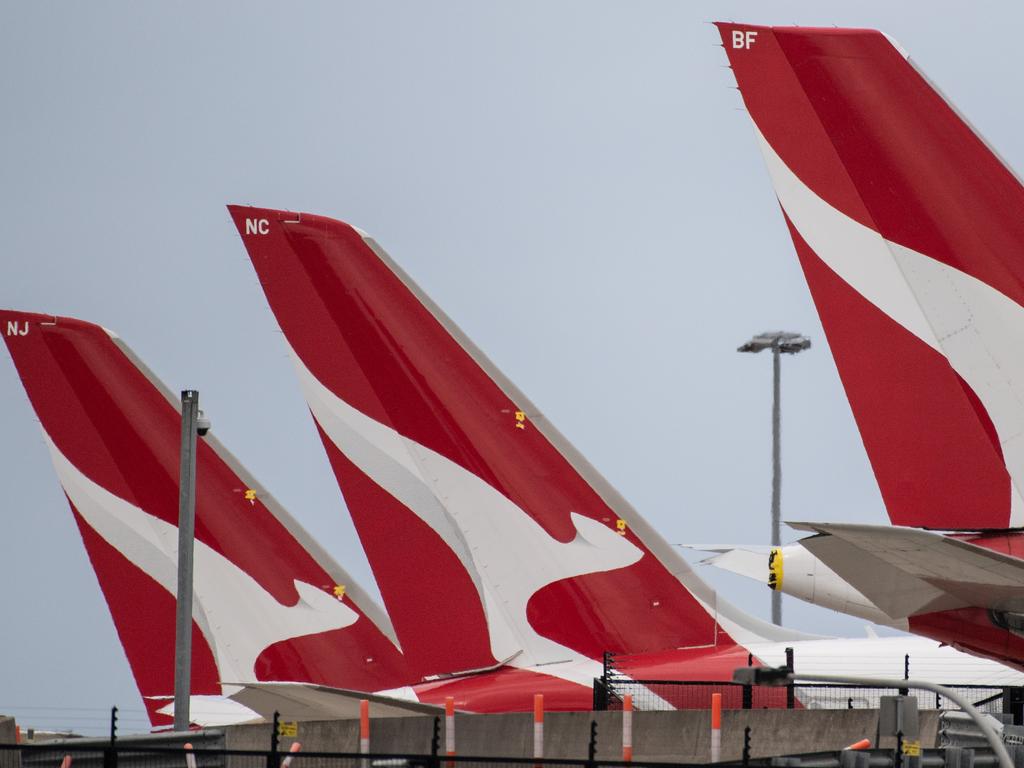
China is an important market for wheat, but the crop tends to be more diverse, which underlines another point as bilateral relations fall to unseen depths.
Josh Frydenberg was technically correct on Wednesday in relishing the 3.3 per cent boost in GDP, saying the domestic economy was more important, but exports account for about 20 per cent of GDP and China takes about 35 per cent of exports.
But that doesn’t avoid the clear danger for the economy from the total breakdown in political relations. China veterans contacted this week say the golden rule is to do more and talk less, which is precisely the opposite of what Scott Morrison has done.
Politically the Prime Minister’s rhetoric may play well domestically, but if he is following the rules laid down by US President Donald Trump’s Secretary of State, Mike Pompeo, he must also realise that the ground rules are dramatically different.
China respects nations that stand up for themselves, but prefers tough talk in private rather than the front page of the local media. As atrocious as this week’s war pictures were, the response just played into China’s hands.
Australia is not a cleanskin on trade issues, and BlueScope’s stunning run of dumping successes may explain why Australia ranks as the fifth-biggest dumping complainant for a country that ranks as the 16 largest, but it hadn’t impressed China.
Treasury Wine boss Tim Ford has just seen $550m in business vanish, the result of more than a decade’s work in building the market, so has a different view.
The China trade fights in areas like wine, lobsters and barley are in goods they can easily source elsewhere — they are not silly.
Businesses still operating in China report increased sensitivity, but at a commercial level everything is proceeding.
It’s at a political level where the problems lie and the solution is not readily available.
In the early 1970s the US had Henry Kissinger make a series of secret trips that eventually brokered the landmark trip by Richard Nixon to reopen relations.
Last decade Bob Hawke may have been an ideal envoy, but in the political arena there are no obvious candidates and that is a serious issue.
There is no short-term fix, but a starting point would be to turn down the volume dramatically.

Joyce’s rejoice
Qantas chief executive Alan Joyce should be a happier man when he updates the bourse on Thursday in the wake of the border openings and the recent outsourcing of 2500 jobs.
Final news on his head office location will come in the new year, but the odds favour the airline staying in Sydney.
Lessons in ASX woes
The ASX is due to finally update the market on the status of its ability to handle so-called tailor made combinations (TMC) for options trades. The trades have been blocked since its market outage, costing traders and, with the December options to close shortly, some guidance is necessary.
The TMC trades, which are multiple option contracts, are at the centre of the technology glitch that halted the market last month as the ASX tried to upgrade its trading platform.
Like any good monopolist, ASX boss Dominic Stevens understands when something goes wrong it is always someone else’s fault, and all eyes are on system supplier Nasdaq after Australia’s stock exchange effectively shut for the day on November 16.
To be fair, Stevens has twice publicly apologised for the second major technology glitch of his four-year reign as boss and also said it was ASX’s issue to fix.
Stevens said he was working with Nasdaq, the software supplier, and relations were good.
He also formally rejected suggestions he was acting other than in the best interests of the market.
Others disagree and the corporate cop is publicly investigating the issue to see whether the ASX should keep its licence, so it’s a serious issue.
What ASIC needs to do is to ensure it is a competitive market, and when the ASX has one of its regular technology snafus, traders can freely use Chi-X or another provider.
This didn’t happen when the ASX shut for the day, but did when ASIC came out the next day in response to the continued closure of its Centre Point Dark pool.
When ASIC intervened, volume on Chi-X increased and when the ASX was left in control, Chi-X volume fell because most trading stopped.
The answer is clear — ASIC should take the call out of the ASX’s hands and give it to an independent operator.
The ASX mea culpas are now being directed to “understand” what went wrong, which of course was in the equipment provided.
The software supplier was Nasdaq and, in his PR campaign, Stevens points all fingers in Nasdaq’s direction as he explains how he was personally gutted by the snafu.
Problem is Dominic, you’re missing the point.
As house broker UBS chief Anthony Sweetman is reported to have said, everyone has technology problems but it’s how you deal with them that is the issue.
In this case, the ASX behaved badly.
For some reason when you lodge an order to buy and sell shares and your broker lodges it with the ASX, if something goes wrong that order is put into “inquire” mode, which effectively freezes the order.
The ASX on the fateful day every hour or two said don’t worry we are looking into the issue and it should be fixed any second, just like a Telstra technician.
This went on all day.
Stevens claimed the reasons for the deferrals were to avoid further trading malfunctions.
If the ASX had declared upfront it had a problem and put the stocks into “adjust”, then your broker could move to Chi-X to do the trade.
The ASX argues there is nothing to stop anyone from trading on Chi-X.
The big brokers’ systems tend to be geared to the monopoly as you would expect, so when something goes wrong it’s not always easy to switch systems.
That should also be changed.
ASIC is reviewing the issues but the answer is clear: competition must be ensured, which means decisions on trading on such occasions need to be taken out of the ASX’s hands.
This, it should be said, is the very least that could be done, and next, while Stevens spends the next two years trying to finally replace his 25-year-old clearing and settlement system Chess, that too should be hived off to an independent operator.
A monopoly stock exchange is surely an oxymoron that should be laid to rest.








As farmers harvest the expected bumper winter wheat crop, one eye will be on China, but no matter how bad relations are, that won’t dampen spirits amid good global prices and a great crop.